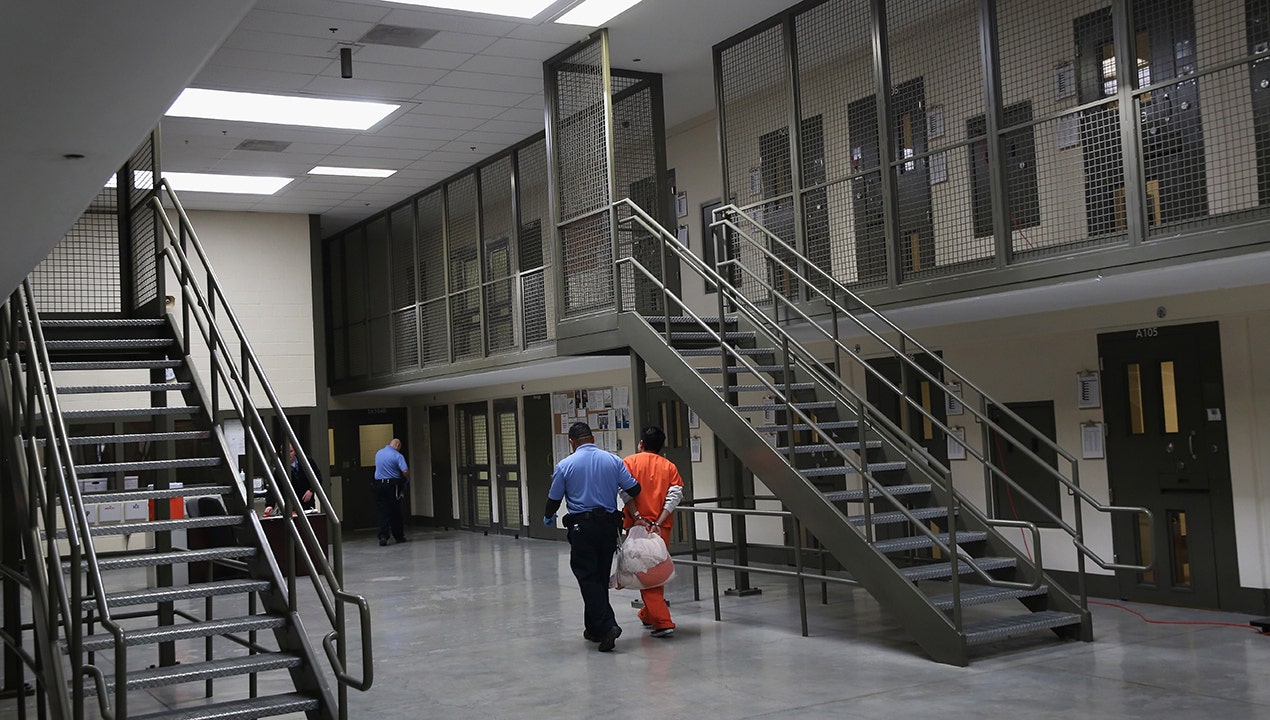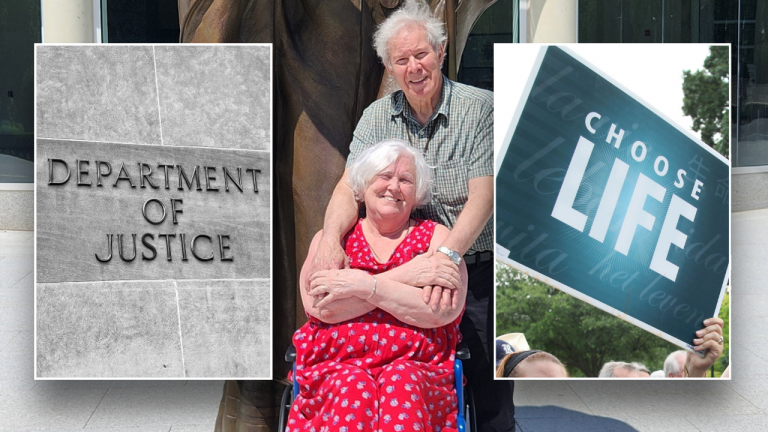Taxpayers still responsible for COVID-closed ICE facility despite objections from state lawmaker.
Federal officials have once again extended an evaluation of a mostly shuttered California detention center that has the capacity to house thousands of illegal immigrants. The facility in Adelanto, California, has the potential to accommodate nearly 2,000 inmates. However, it has been largely inactive since a court order in September 2020 in response to a lawsuit from immigrant activists who demanded fewer inmates in light of the COVID-19 pandemic.
Despite efforts by ICE to re-open the facility, it remains closed while other detention centers locally and across the country have resumed operations. ICE recently extended the task order for an additional 60 days in January and has now announced a further extension until September. The facility is managed by GEO Group, generating an annual revenue of $85 million. According to ICE spokesperson Jenny Burke, the agency’s ability to deport individuals and detain those who pose a threat to public safety is contingent on the availability of detention space.
The prolonged closure of the Adelanto facility comes at a time when the San Diego Border Patrol sector is experiencing a surge in border encounters, particularly concerning individuals from Turkey and China entering California. In response to the escalating situation, Democrats in the Senate pushed for a vote on a bipartisan border package, which ultimately failed to advance in a 43-50 vote.
Under the Biden administration, there has been a shift away from using private detention facilities for illegal immigrants, leading to the closure of several such facilities. However, the administration has also requested additional bed space from Congress, despite many existing beds remaining unoccupied. Republicans have emphasized the need for increased bed capacity to address ongoing immigration challenges.
Overall, the fate of the Adelanto detention facility hangs in the balance as federal officials grapple with decisions surrounding immigration detention amid evolving border dynamics and political debates over immigration policy.








